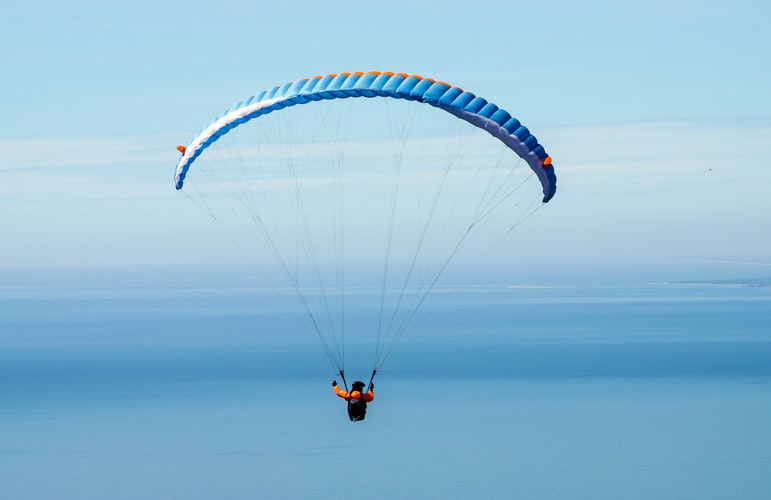Be confident, Question everything is one of my favorite paradoxes. (It was actually the original title to one of my books, which was published as Know Yourself, Forget Yourself.) Being confident and questioning everything is an essential attitude and practice for engaging with uncertainty. Right now, there is no shortage of uncertainty. This is probably always true, but is more in our faces and on our minds in the midst of this pandemic. Engaging means to face uncertainty directly, with confidence and with humility. It means to question everything, to be open, curious, in awe, and present, all at the same time.
I’m appreciating and enjoying an article in today’s New York Times by journalist Siobhan Roberts, entitled Embracing the Uncertainties. She quotes Dr. Anthony Fauci as saying, “I will say what’s true, and whatever happens, happens.” That is a great expression of confidence and humility.
A key point in this article is that during times of uncertainty, we want to know the truth, as best as it is available, including just how uncertain things are. “Being trustworthy depends not on conveying an aura of infallibility, but on honesty and transparency” according to the director general of the Office for Statistics Regulation in the U.K. Honesty requires a certain level of confidence. Transparency requires humility, and the ability to question ourselves, with assertiveness and agency. I think of these qualities, confidence and curiosity, as essential leadership and life skills and practices.
The article describes two kinds of uncertainty:
1) Epistemic uncertainty refers to things we don’t know about the past and present but that we in theory could come to know, through measurement. This refers to the trends and forecasts of how many people have gotten ill and therefore are likely to be infected, as well as the measurements and forecasts regarding deaths.
2) Aleatory uncertainty refers to unknowns about the future due to randomness, indeterminacy, chance, or luck. This could take the form of winning the lottery, getting injured when engaged in a seemingly harmless activity, meeting someone new at an event who becomes an important relationship.
Most uncertainty contains some combination of both types of uncertainty. Could this pandemic have been predicted or was it random? When will the pandemic end? Will the economy recover, and in what timeframe? What does the future hold for each of us – our relationships, our careers, or any part of our lives? The fact is, if we are paying attention, everything is uncertain. The future is a mix of trends and randomness, and some things may contain more of one type of uncertainty than another.
The article also quotes a doctor who states that risk and uncertainty are normal parts of life, that we face daily. Sounding to me like a good Buddhist, the doctor states that “We are all going to die sometime” and concludes that the odds of our death increase from one day to the next, with age.
Mindfulness practice and meditation practice could be described as engaging with and cultivating being confident and questioning everything, finding our own presence and ground, and at the same time embracing the reality of uncertainty, the reality of change and impermanence.
What to do?
- Acknowledge that uncertainty is the way things are. Find your confidence and questioning, open stance. Explore what it’s like to be completely confident and completely uncertain, the best you can.
- Acknowledge that uncertainty is the great connector. We all swim in the same sea of change and impermanence. We are all, quite literally, in this together.
- Write about your confidence, presence, and ability to meet whatever comes. And, write about your questions, how much you don’t know, and how humbling it is to be a human being.

